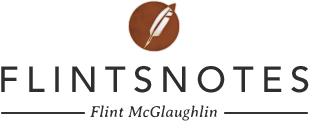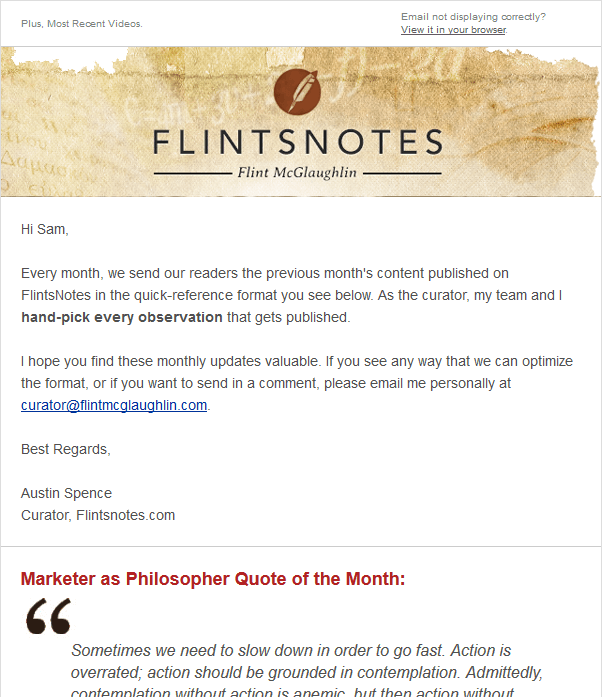I should like to suggest a set of “likelies.” If I were to endow them with the title of propositions, I should spend the balance of this paper trying to defend every unlikely possibility. Life is too short papers, too long. Besides, someone, somewhere, has probably said this much better. However, these “likelies” need only be likely true for their implied point to have useful implications.
- Process begins with materials; you have to have stuff to make stuff.
- The (nature of the) materials and the (nature of the) process influence the outcome (product).
- Different processes working with different materials will produce different products.
- Identical processes with different materials will produce different products.
- Only identical processes using identical materials will arrive at an identical product.
- Philosophy involves different processes working with different materials trying to achieve a unified (correct) product.
- But as long as we use different materials and different processes, we will make different products.
- The point: philosophy, in itself, can never reach THE conclusion. (There are many directions to point this line of thinking, but let’s point it at Anti-Realism.)
- Anti-Realism may be an attempt to give a subset of different materials and different processes and different outcomes the same labels. It creates an artificial unity. (It represents a frustration with the futility of trying to arrive at unity with diverse materials and processes; since we can’t change the product, let’s change the label.)
- This is dangerous – a misleading label that contradicts “felt reality” can hurt you.
- Lincoln asked: “How many tails would a dog have if you called a dog’s tail a leg?” Someone said five. Lincoln said, “No, because calling a dog’s tail a leg does not make it so.” (Let’s point it at reformed epistemology in its opposition to foundationalism.)
- Reformed epistemology is an attempt to use different materials but the same process as the foundationalist. (Let’s point it at Wittgenstein.)
- Wittgenstein plays with our language and suggests that it has become part of the materials, product, and process. He suggests that we need perspicuous clarity.
- Philosophy has been the search for the ultimate materials (suppositions), the ultimate process (reasons), and the ultimate product (pure truth).
- By way of compromise, if we could all use just a small but identical selection of our materials and if we were all capable of engaging in the same process, we might achieve the fabled truth. . . . But this is asking too much.
- We are failing.

